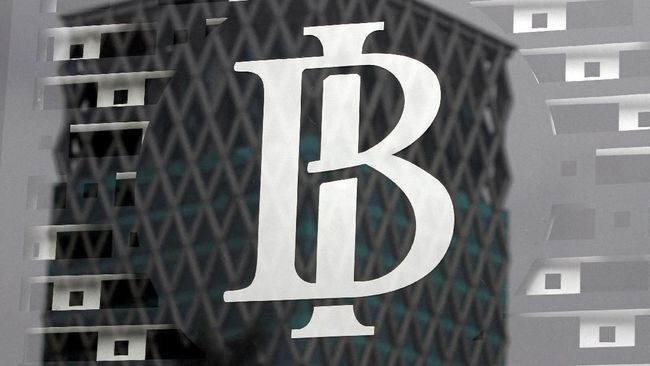A majority of businesses and consumers expect a recession in Canada this year. Primarily attributed to soaring inflation and interest rate hikes meant to combat it, this recession is hoped to be “mild” and have relatively little impact on jobs, the analysts report. latest editions ofBusiness Outlook Survey and theCanadian Consumer Expectations Survey released Monday by the Bank of Canada.
“Most” of the roughly 100 companies that responded to the central bank’s survey late last year predicted a recession in Canada within the next 12 months, with nearly 30% predicting decline in their sales. In the 18 years that this survey has been conducted, the only other times when this proportion had been so high was during the onset of the Great Recession triggered by the financial crisis at the end of 2008 (47%) and during the darkest days of the COVID-19 pandemic in spring 2020 (59%).
On the consumer side, “respondents assess the probability of a recession occurring over the next 12 months at 60% on average,” reports the Bank of Canada. Of these, a strong majority expect a slowdown ranging from mild and short-lived (7%) to moderate and fairly long-lasting (47%), to mild but long-lasting (17%).
Not like the others
Less than one in six consumers (15%) fear, however, that this recession will cost them their job, compared to a third who foresee a reduction in salary, and almost half who think they will have more difficulty paying bills (44% ) or see the value of its financial assets fall (49%).
Respondents believe that “labour shortages and the high number of vacancies will help stabilize the labor market,” reports the Bank of Canada. For the same reasons, “people who might lose their jobs during the expected downturn would find a new one more easily than in previous recessions.”
This perception seems to be confirmed in the business survey. Although future investment and hiring intentions there have been less and less strong over the past year, last month they still counted on recruiting new employees in 2023 at the same rate as during the year preceding the pandemic. “Many respondents who expect reduced demand are taking a cautious approach to hiring,” report the authors of the Bank of Canada survey. “Nevertheless, nearly half say they plan to hire staff to meet anticipated sales growth or fill vacancies. »
It must be said that the shortage of labor remains the second concern among those most often mentioned by companies, after pressure on costs and ahead of economic uncertainty, the trend in sales or supply chains. In the process of stabilizing, these supply chains are no longer mentioned as a pressing problem by more than one in four companies, which is half the number a year ago.
The fault of inflation and interest rates
The economic slowdown that we foresee would be mainly the result of the effect on consumption and large household purchases of soaring inflation and the rapid rise in interest rates supposed to curb it, companies believe. . Several of them also say they are gradually resuming their pre-pandemic pricing practices, that is to say smaller and less frequent increases.
Consumers, for their part, note that their purchasing power has diminished — particularly at the grocery store — and blame this, among other things, on “excessive prices” and the “seeking of profits” by companies. They say they have changed and reduced their spending, particularly on travel, accommodation, food and recreation (88%), clothing (74%), groceries (58%) and durable goods (59% ), such as cars and appliances.
More than two-thirds do not believe that their salary will one day catch up with this price increase (52%) or only partially (19%). One thing is certain, the average annual increase in wages forecast for businesses fell from 5.8% to 4.7% between the spring survey and the fall survey.
Diversity of points of view
Slightly overestimating the rise in the cost of living to almost 8% last fall, when it was just under 7% year on year, consumers did not believe that inflation could slow to less than 7 % by the end of 2023. But over a five-year horizon, inflation was thought to have returned to 3.1%, approaching a historic low.
However, this average hides a great diversity of points of view: more than a quarter of respondents hope for a sharp decline in prices, while more than a third fear that increases of more than 5% will be maintained. In fact, while three-quarters of Canadians understand that their central bank is raising interest rates to bring inflation back within a target range of 1% to 3%, only two in five believe it will achieve it.
Businesses are more confident, although also haunted by doubts. According to one measure, they would expect inflation to still be 4.7% in one year, but already 3.1% in two years and 2.5% in five years. But according to other measures, they would anticipate inflation still at 4.2% in two years, and nearly two out of five companies would not see a return to 2% before 2026.
All of this shows that rising interest rates are having the desired effect on economic activity, prices and Canadians’ expectations, but that their central bank can still raise its key rate next week by a final quarter of a percentage point before pausing for the rest of the year, most analysts estimated on Monday. To be even more certain, it can also count on fresh data on inflation for December, which will be released on Tuesday.


